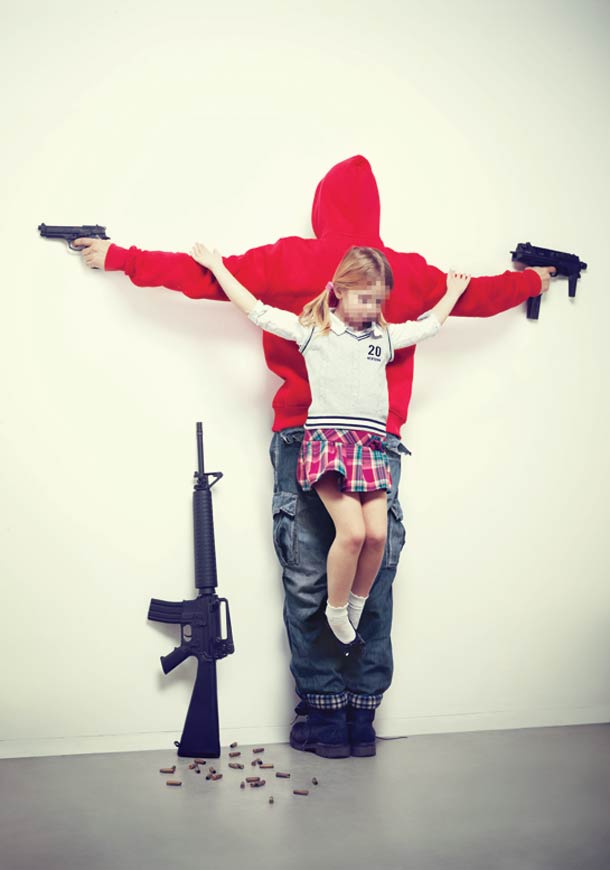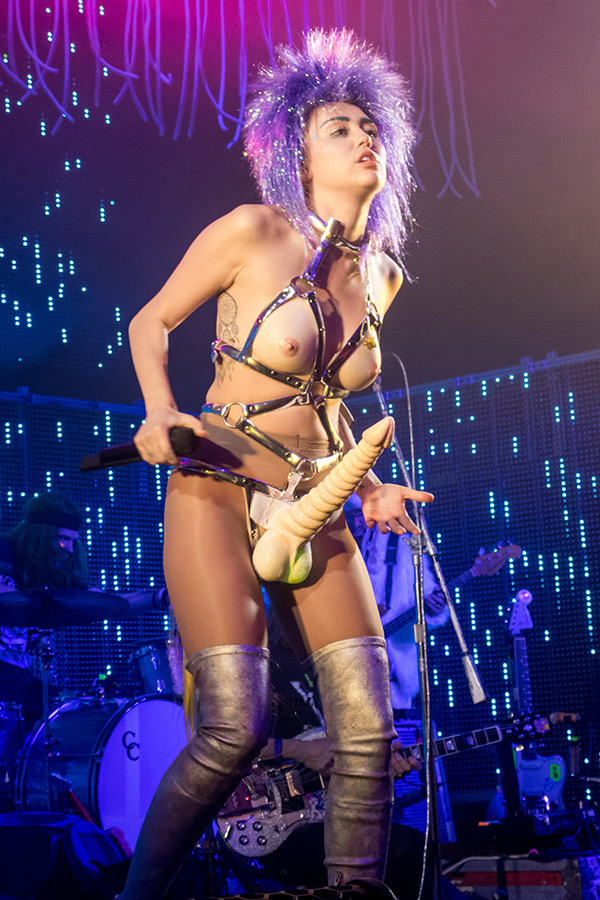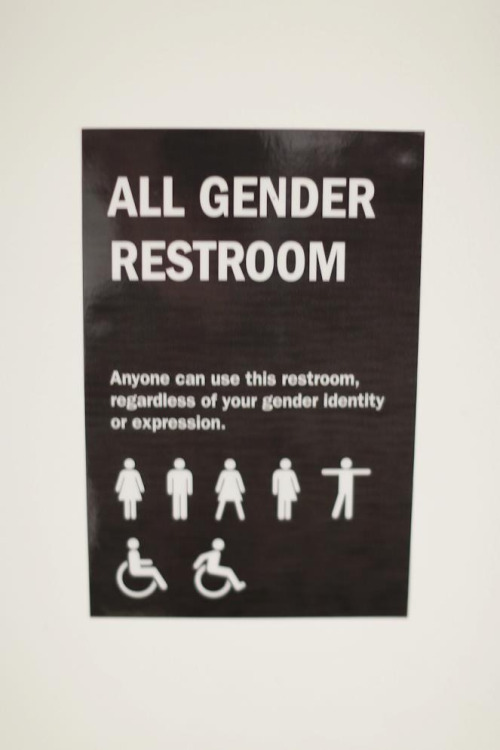
One of the most recent moral panics to make it to Tennessee state legislation is the criminalization of drag queens. The now-passed legislation has categorized drag as “male or female impersonators” and bans the art form from places where children may be present. The issue was brought to the public’s attention when a library event brought in a local drag queen weekly to read books to children. Many people and politicians took to social media to support and slam the library’s program. In Tennessee, some policymaker’s perspectives against the program argued that the legislation was about protecting children from drag queens. Additionally, many argued that drag is overtly sexual and exposes children to sex at an early age which grooms them to be exploited. The other side to this would argue that drag is an art form and a form of self-expression. Similarly to strippers and burlesque dancers, which were also included in the legislation, people doing drag often take on alternative personas. With its makeup, prosthetics, and use of wigs, many people who do drag do typically take on gender norms not associated with their gender identity. Much differently than adult entertainers, however, drag does not often involve taking off clothes or sexual innuendos. Instead often highlights the glamour of drag culture and is accompanied by lip-syncing performances to pop songs.
Exposure to drag queens and kings can also allow for the expansion of new ideas and allow kids to see representations of an art form that they appreciate or identify with. The policy not only takes the joy of drag queens out of environments of education and tolerance but could also potentially affect other communities. This bill uses the extremely vague language of “male or female impersonators.” This policy could potentially affect transgender folks or men or non-binary people who enjoy wearing makeup or wigs. This law depends on others’ perspectives on what is and is not an impersonation. Especially in conservative spaces, where trans rights and existence are often refuted, these issues could have potentially have erasing effects on how people are allowed to present in public.







Criminalization of drag queens is absurd, and using children as a rationale is cowardly. Drag is a form of art and self-expression, much like any other form of dance, fashion, or other performances; yet, it’s a problem because it is rooted in the LGBTQ+ community. The outfits are no more outrageous than heterosexual cisgendered costumes on Halloween, or cosplaying as a character for Comic-Con. To bar children from seeing drag and criminalizing it only promotes homophobia, transphobia, and may even worsen gender dysphoria by censoring so heavily parts of life that may allow future generations to be more accepting and open-minded.
The criminalization of drag performers is just a way for lawmakers to restrict specific forms of self expression that they do not agree with. These performers are simply expressing themselves in a way that is harmless to others. Playing with makeup, hair, and clothes is something that everyone does during their lives and this is no different. It is disgusting that lawmakers are attempting to put a ban on this self-expression and even making it vague enough to also endanger LGBTQ+ people as a whole.
This event makes me very sad because it is just one of the many ways some states are banning identities and self-expression, and as much as we want to stop it or change it there’s not much any of us can do. It also make me very angry because in the end these are decisions made by a very specific group of people and that will negatively impact countless individuals.
Criminalizing drag performers is limiting freedom of speech and expression. The famous RuPaul says “we are all born naked and the rest is drag,” and nothing has been said that is more true. Clothes are a form of art and expression for everyone regardless of how you identify. People will spend so much money to express themselves in a certain way through dress or makeup, and it typically is praised in society as art and expression. Costumes and makeup in television, movies, or musicals are essential to telling the story. Some people make a living on designing the best clothes or makeup. We even have a “holiday” in the US dedicated to dressing up. It is ALL art. This just shows that the only reason people want to criminalize drag art is because of transphobia and homophobia. I can only hope that future younger generations can look up to and admire these artists/performers in the same way that current media celebrities/models are seen now.